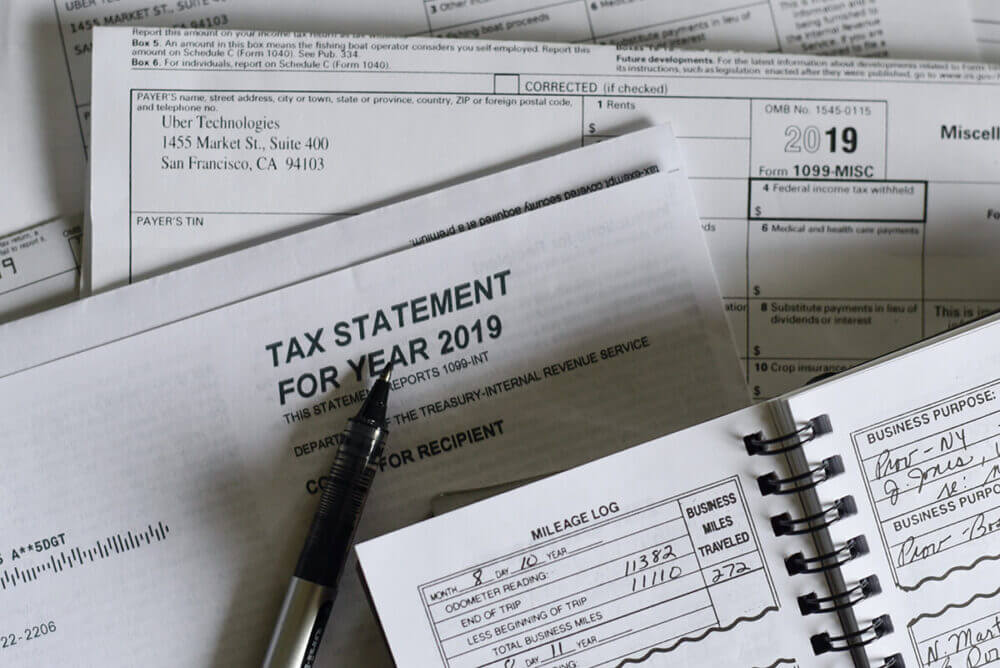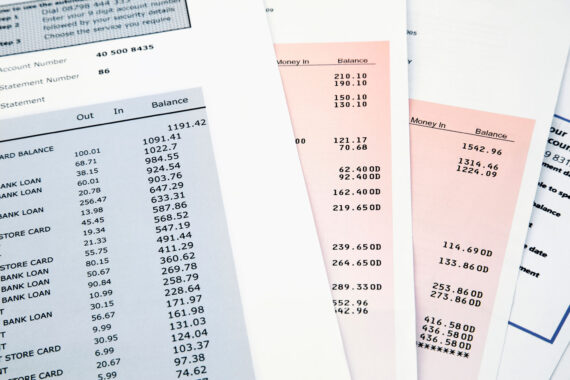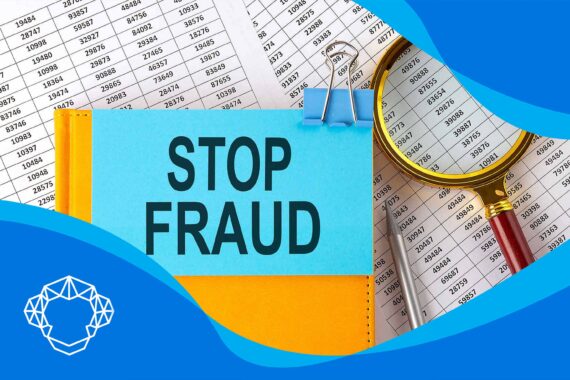Running your own company comes with many responsibilities. It can be quite challenging, especially if you’re just starting your career as an entrepreneur and don’t know a lot about how everything works. Therefore, we curated a brief guide for all of you wondering how does a small business pay taxes.
This is one of the essential questions. We know that there are a lot of unfamiliar terms and regulations when it comes to finances, and it is so easy to make a costly mistake, which is why we decided to step in and unveil everything about it.
Did you always have a dream of being your own boss? Now it is finally the time to stop working for others and start curating your own path to success. Whatever you do, we are sure you’re good at it, but while you know your field of interest well, the question is, how well do you know bureaucracy? We are sure that after that initial excitement went by, questions like how to find the best credit card processing for small business, what are debit card fees, and what is even an early termination fee, started emerging. Those are all important, but before you get to that, you need to pick the right type of company structure for your niche and figure out just how much you’ll have to pay in business taxes.
What Types of Businesses Are There?
Before we dive deeper into expenses that will wait for you once your company starts running, it’s important to point out different types of available structures because that impacts your rates the most. This first step is often crucial, but if you figure out you’ve made a mistake, you can switch between different structures. However, you’ll quickly realize that not all classes are suitable for a smaller company, which is why we will only briefly list the most frequent types, and then focus on the ones tailored for the needs of smaller businesses.
5 Most Common Business Structures
- Sole proprietorship
- Limited Liability Companies (LLC)
- C corporations
- S corporations
- Partnerships

Tax Obligations
Besides the structure, another essential factor that can impact how much tax does a small business pay is the location. Local charges tend to vary from one area to another, so make sure to research your area’s regulations. Sometimes it pays off to relocate if that makes a significant difference in costs for owners. Wondering what taxes do businesses pay? Here are five general types of taxes:
- Income (federal and state)
- Self-employment, currently 15.3%
- Estimated
- Employer
- Excise
How Employment and Other Conditions Affect Your Estimated Income Tax Obligations
When it comes to local and state taxes for small business, you’ll hardly be able to avoid income and employment ones. In case you plan to have employees, prepare that you’ll have to count in taxes that differ from one area to another, but they usually include unemployment insurance, worker’s compensation insurance, and temporary disability insurance. In some instances, you will also be responsible for withholding employee income tax, so check that with your local authorities.
When it comes to income fees, that depends on the chosen structure. For example, corporations are taxed separately from the owners. And on the other hand, LLC and sole proprietors can report their business and personal earnings through the same form.
How to Choose Your Tax Year
A yearly schedule of your accounting records is called a tax year. The vast majority opts to keep it along with the calendar year because it is easier to track. You’ll be able to select the beginning of it the very first time you file for taxes, but in case you change your mind, you can change that decision later with the permission of the IRS.
Online Calculator
If you are not so good at math, percentages, and different forms confuse you, why not use an online calculator to check everything before filling it to the IRS? You can also rely on TurboTax for filing both federal and state income tax returns because it will guide you through the entire process step-by-step.

How Do Small Business Owners Pay Taxes?
The majority of smaller businesses don’t calculate income tax at a business rate, because the vast majority, around 75% of them are not corporations. Therefore, they have a special status and are considered pass-through entities, meaning that they pay it at the owner’s personal rate.
Most smaller companies choose sole proprietorship or LLC as their structure since those are the most convenient forms for a smaller company. They both have their pros and cons, so you should carefully research them before you make the decision that could impact your small business tax rate.
Allegedly, even 70% of small businesses hire professionals to handle their reports and prepare everything for the IRS. That tells us that owners are not willing to risk committing fraud by accident but also that they probably don’t know a lot about small business taxes.

How Does an LLC Pay Taxes? Income and Self-Employment
LLC stands for Limited Liability Company, and it is one of the preferred structures among holders of smaller companies. It is often referred to as a hybrid structure—a mix of partnerships and corporations since it combines their most beneficial features. Straightforward administration and regulations from a partnership, and the liability protection of the owner from the companies. The fact that the owner is not personally responsible for losses and debts made LLC extremely popular among those who run smaller companies.
Usually, LLC holders get some earnings from work-related operations, which is considered for self-employment earnings, eligible for self-employment tax. In order to get an idea of how much you owe based on the net earnings, you should complete the Schedule SE form.
Step-by-Step Guide
- Gather all your records before filing any form
- Find the right IRS form
- LLC with one owner can calculate their owings on C Schedule attachment of the owner’s personal tax return. The same way it works for a sole proprietorship.
- LLC, with several members, is taxed as a partnership. It needs to prepare a separate corporate tax return on 1120 Form, or 1120S if it is an S Corporation.
- Fill out your Schedule C or 1120 Form
- Be aware of the deadlines
How Much Does a Business Have to Make to Pay Taxes?
Avoiding paying these costs is almost a mission impossible, and the only legal way to do it is to earn less than $400 per year. In that case, you are free of paying the self-employment fee. And that is the only one you can avoid. If you’re wondering what percentage does a small business pay in taxes, when looking at all types of smaller companies, the average rate goes around 19.8 %.
When there is only one holder, the average rate is 13.3 %, in the case of shared ownership, the average rate is 23.6 %, and for S corps, it is 26.9 %. Although they are smaller corporations, S corps earn much more than smaller businesses with one holder. Hence, the rate is slightly higher. If you’re a newcomer, try to set aside around 30 to 40 % for federal and state charges, to ensure you can disburse them on time since they are paid quarterly.

How Does a Sole Proprietorship File Taxes?
The sole proprietorship is another popular structure among smaller and e-commerce businesses due to its simplicity. In case you want your company to have only one holder, a sole proprietorship is easy to set up and gives the holder full control. Depending on the state and city, you might have to obtain some permits, but it is nothing too complicated.
The only downside of the sole proprietorship is that the holder is fully responsible for any debts, legal issues, etc. Despite that, many prefer to start from scratch as sole proprietors, and as they expand a business, transfer to other more suitable structures.
Can Your Business Pay Your Personal Taxes?
Yes, this is actually the only way a sole proprietorship can be taxed, that is, through the owner’s personal tax return. As we mentioned it already in the case of LLC with one holder, on Schedule C form, your profits or losses will be calculated, and then the final net earnings or loss is entered into the owner’s 1040 Form. The self-employed charge is also included in the 1040 Form for federal taxes. If your company has a financial loss, self-employment rates won’t be charged.
Other Expenses Sole Proprietors and LLC’s Can Expect
In case a sole proprietorship or an LLC has employees, the employment taxes must be paid, including reporting and withholding state and federal ones, social and medicare, workers compensation, and unemployment taxes. Of course, if a sole proprietor owns a property, buildings, and land, then he can count on property ones as well. There are also sales, excise, and franchise taxes.

Things You Should Know About Tax Deductions
If this all seems like a lot of mandatory things to spend your money on, and you’re starting to think about giving up before you even started, hold on a second. We have some good news as well. There are various expenses that smaller companies can deduct and get some money back, so let’s take a look at some of the most common ones where payback is a guarantee:
- 50 % of foods and drinks
- Travel expenses in case a trip is inevitable
- Maintenance of a car for work-related purposes
- Home office expenses ($5 per square foot)
- Office supplies, from stationary to printers and PCs
- 50 % of internet
- Donations to qualifying charity organizations
- Education, seminars, webinars, books, etc.
- Health insurance

Understanding How Does a Small Business Pay Taxes and Why it Depends on the State
We hope we helped you learn a bit more about all the expenses waiting for you as soon as your entrepreneurial journey begins. Make sure to consult a professional or research the laws in your area, so you don’t make one of the common mistakes business owners make. Research everything thoroughly and go slowly. Find the right merchant processing company, a reliable merchant services provider who can offer you free financial consulting, help you set up your merchant account, and give you the lowest credit card processing fees. With the right responsive support and services like mobile notary, your company will start blooming in no time.







